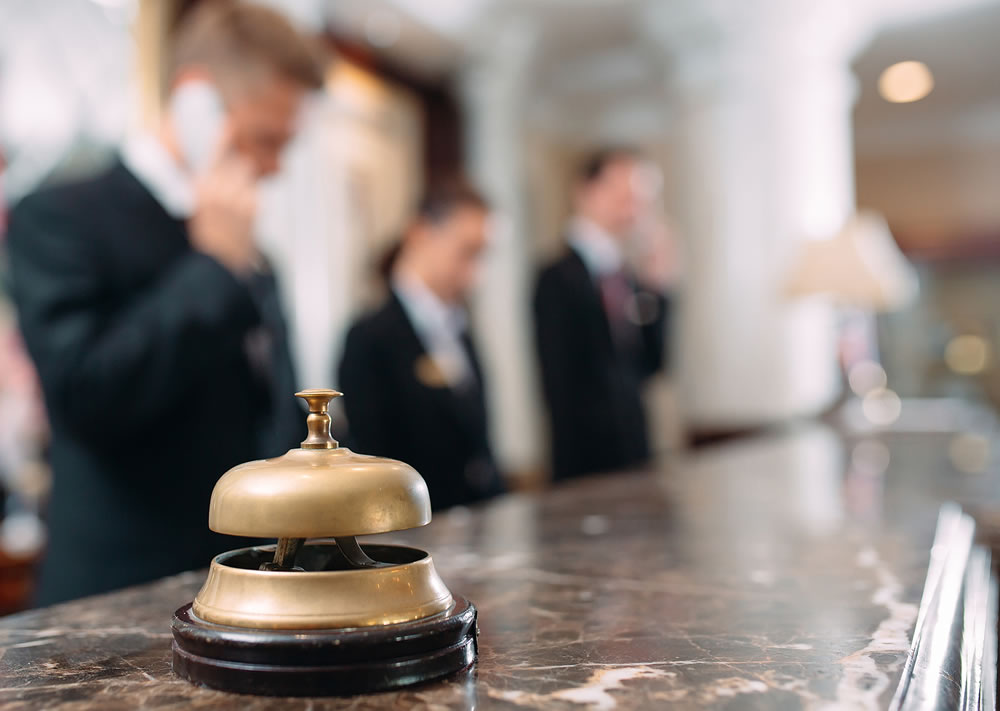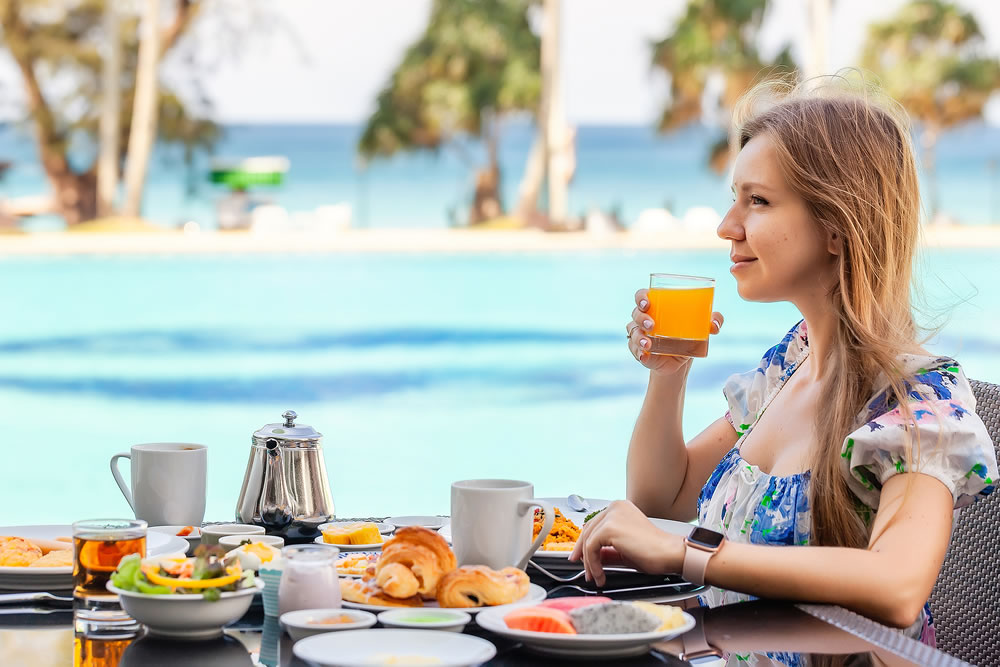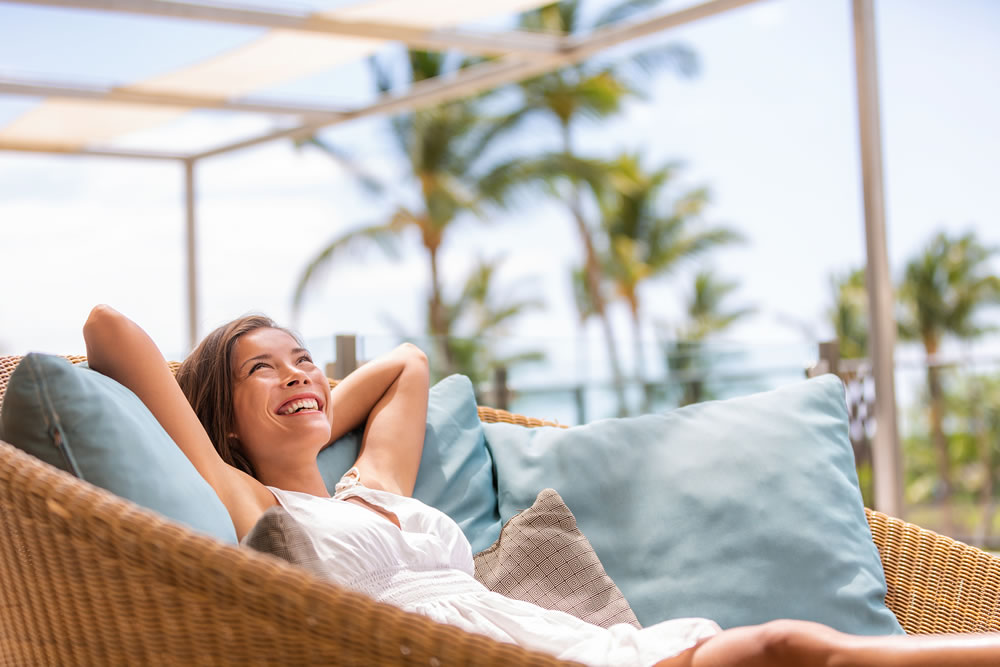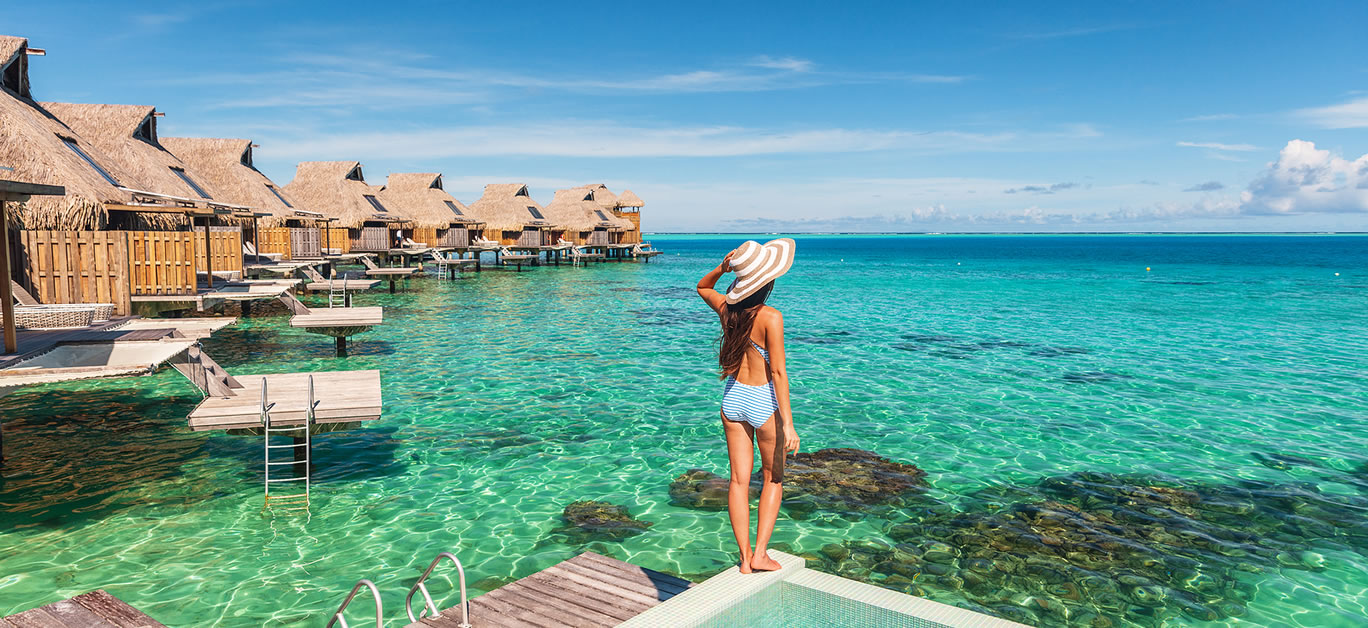Words by Sonal Uberoi, author of The Wellness Asset
Today, we are all more aware than ever before of the need to look after ourselves, both mentally and physically, and demand for wellness provision has increased. Travellers are now looking to nurture their physical and mental health and take a more responsible approach to their lifestyle choices.
This is why, as we emerge from the pandemic it is so important to incorporate wellness into the very core of your hotel, not just the pool and the gym facilities, if you want to bring back previous customers, attract new clientele and, most importantly, ensure repeat and prolonged visits.
Let’s look in more depth at what this means for the luxury hotel market.
What is wellness?
We often see the terms ‘wellness’ and ‘wellbeing’ mistakenly being used interchangeably. However, there is a subtle, yet important difference that needs to be focused on.
A simple way to view it is as follows: wellness is the tool and wellbeing the goal.
So, wellness provides us with the tools that allow us to access different types of wellbeing goals, e.g. physical, mental, emotional, spiritual. These tools include therapies, alternative medicine, fitness activities, meditation and mindfulness, a balanced diet and a gamut of other services designed to enhance our mental, physical, emotional and spiritual wellbeing.
So, quite simply, when we incorporate wellness into our lifestyle, or into our product ecosystem as businesses providing wellness services, we provide the stepping-stones towards better wellbeing.

What does wellness mean in the context of your hotel?
Where wellness has been considered in hotels, that consideration has very often centred on the pool and hotel spa with signature massages and the showpiece gyms offering activities such as sunset yoga sessions.
These are great – but they don’t position wellness as at the heart of the hotel’s offering.
Real wellness, that sort that makes a difference to both the hotel and its guests, goes well beyond this. In its truest form, wellness is the method by which hoteliers can guide their guests to achieve a state of wellbeing, by offering them wellness in every aspect of their experience, from the breakfast right through until they settle down to sleep at night. Done properly, the effects of wellness, in a hotel context, are felt more deeply, reaching far beyond the physical realm of the hotel’s facilities and offerings.
When wellness is threaded thoughtfully into the hotel experience, guests can’t help but feel at ease throughout their stay.
Start with the basics
The wellness experience should start with the way guests are greeted on arrival. If they are treated politely and with respect and kindness they will immediately feel at ease and be looking forward to their experience. If they have all the benefits of the hotel introduced to them, including access to beautiful grounds and relaxing communal areas – in addition to the gym and the pool – they will feel a sense of connection to their surroundings. If their rooms are quiet, the correct temperature and with good air quality, guests will sleep well; the foundation for a great experience.
Their dining should not just be about the fanciest dishes, the latest trends or showing off how talented your chefs are. Guests should, for example, be able to have any dietary requirements or wants accepted and adhered to without fuss and without taste or presentation being diminished, so they feel personally – as well as physically – nurtured.
When you look at wellness in this way, as part of the whole guest experience, it is easy to see why it is important, and why customers will return, and recommend you via word of mouth if you get your wellness offering right.

Meet the needs of your guests
Encourage your team to take the time to get to know what the guest is looking forward to from their stay and make sure they know how to access it. Perhaps they would prefer to find somewhere to read quietly and get a cup of tea, over a massage and Pilates session. Or do they want to take in the local sights, rather than sweat it out in the gym?
If your staff know what your guest is looking for, they can guide them in achieving their best experience. A great experience, whatever their desires, is always an experience that ultimately looks after their mental wellbeing. No one likes to be stressed or anxious, so take that stress and anxiety away from them by understanding what they want from their stay and helping them achieve it.
That guest will then be pleasantly surprised by how well everything works together to provide them with the memorable experience they seek. They will feel the effects of their stay long after they have left and will look forward to the time when they can relive the experience again.
Use wellness to future-proof your hotel
Consider these findings from the Global Wellness Institute: In 2018, wellness expenditures were more than half of all health expenditures, coming in at $4.3 trillion. Of the ten markets analysed between 2015-2017, revenue growth leaders were, wellness tourism (6.5%) and wellness real estate (6.4%), mental wellness and workplace wellness. All three have already been adapted into hospitality in some ways, but more needs to be done if hotels are to reap the biggest benefits of this trend towards wellness.
You must embrace wellness in the future of your hotel business. Hoteliers that don’t understand that they need to catch this tide will find their hotels become out of date and out of vogue. They will lose market share to those who have embraced wellness and can see the business benefits of doing so.
So, if you want to benefit from the rise in desire for wellness when travelling, there are two major components you need to look at when implementing your wellness strategy; your guests and your staff:
Guests
Listen to your guests and implement your new offerings thoughtfully. Every hotel is different, so make sure your offerings are appropriate to your clientele. While you need to deliver on budgetary expectations, do not be tempted to do so by cost-cutting and streamlining. Instead invest and be prepared to evolve and respond to market conditions and the needs and wants of your customers. But don’t rush! A strong and robust system takes time to implement and requires the right expertise.
Staff wellbeing

Also crucial to your success in your wellness offering is considering the wellbeing of your team.
Hospitality has historically meant long days, unsocial hours. During the pandemic, many members of staff were laid off or had to make do with reduced salaries. By including holistic wellness in future employee packages, talent can be retained or attracted back.
When staff are provided with the right tools to achieve a good work-life balance, overall wellbeing increases. This creates a happier, more engaged and motivated team, which can only benefit your guests.
The bottom line
The needs of hotel guests have evolved and both business and leisure travellers want to look after their wellbeing when they travel. They want fulfilling, memorable and shareable experiences that transform their wellbeing on every level – not just when they are in the spa or pool. By adopting wellness at the core of their offering hoteliers can provide such wonderful experiences for their guests.
About the author
Sonal Uberoi is a global wellness expert and founder of Spa Balance, a boutique consultancy working specifically with hotels to help them tap into the full potential of their wellness offering. Sonal has worked with major hotels across the world enabling them to attract a more discerning guest, build a loyal and committed customer base, attract and retain quality talent and increase profitability, without breaking budget.
Web: spa-balance.com
LinkedIn: linkedin.com/in/sonaluberoi/






















